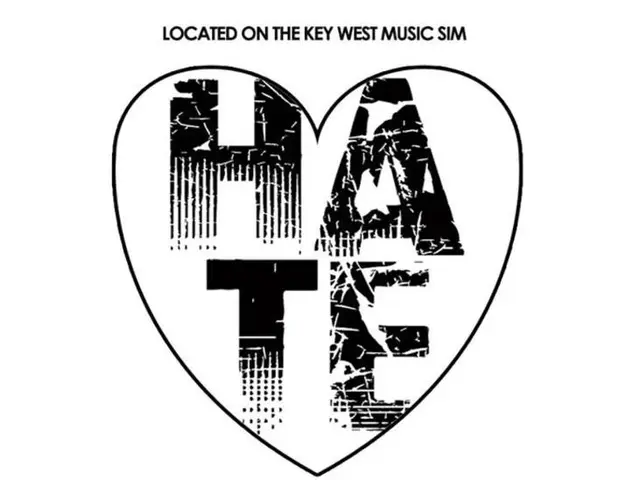"Pilgrims in UAE embrace religious ritual: Shaving heads symbolizes a fresh start for the Hajj participants"
In the heart of the bustling pilgrim crowd, Dubai's Jassim Al Khatib spent a quiet moment with his head shaved, chatting with his younger brother over a video call. He proclaimed, "It's gone, all of it. I feel lighter, like I've got rid of something heavy." Jassim was among the thousands of UAE residents embarking on the sacred journey of Hajj, one of Islam's essential practices.
As the major rites were completed – including the grueling Arafat day and the symbolic casting of stones at the Jamarat – Jassim participated in the final act of the pilgrimage, shedding his hair with the traditional Halq shaving ritual.
Repeated countless times in the holy grounds, Halq isn't merely a haircut; it's a powerful symbol of humility, purification, and rebirth. Pilgrims view it as the end of a transformative journey, a reset both physically and spiritually.
Indian expat Sohail Siddiqui, a 40-year-old resident of Ajman, underwent Halq shortly after the stoning rite in Mina. He shared the news with his wife through a voice message, despite poor network coverage. Sohail and his group expected to return to the UAE on June 11, following the Tawaf al-Wada farewell circumambulation around the Holy Kaaba.
"Even though I haven't stepped into my home yet, I feel like I'm returning as a better human, a better partner, and hopefully a better Muslim," said Sohail.
This intensely personal moment echoed across the sea of pilgrims, each united in their quest for peace and spiritual renewal. "Despite millions surrounding me, I felt really close to God," shared Jassim. In that intimate instant, letting go of his hair, his pride, and his appearance left him feeling only submission to Allah.
Shaving during Hajj represents unquestioning obedience and humility, said Sheikh Ayaz Housee, an imam in Dubai. "It is a command from Allah, performed purely in submission. This ritual symbolizes purification, as pilgrims shed their hair, they symbolically shed sins, starting anew."
Additionally, shaving the head serves as a profound expression of humility, with hair often symbolizing ego and vanity. By removing this major aspect of personal identity, the pilgrim submits to Allah and discards vanity.
The act of shedding hair during Hajj recalls the Prophet Muhammad (PBUH), who also shaved his head during the holy journey, unifying all pilgrims in their shared devotion.
In conclusion, shaving the head during Hajj signifies a deep, spiritual act of obedience and humility rooted in Islamic teachings. By shedding their hair, pilgrims symbolically shed sins, embrace unity, and recommit to their faith.
- The act of shedding hair during Hajj signifies a deep, spiritual act of obedience and humility for Muslims, emulating the Prophet Muhammad (PBUH).
- Pilgrims view Halq, the traditional Halq shaving ritual, as the end of a transformative journey, marking a physical and spiritual reset in their lives.
- Shaving during Hajj is a powerful symbol of purification, as pilgrims shed their hair and symbolically shed sins, starting anew in their personal growth and spiritual development.








